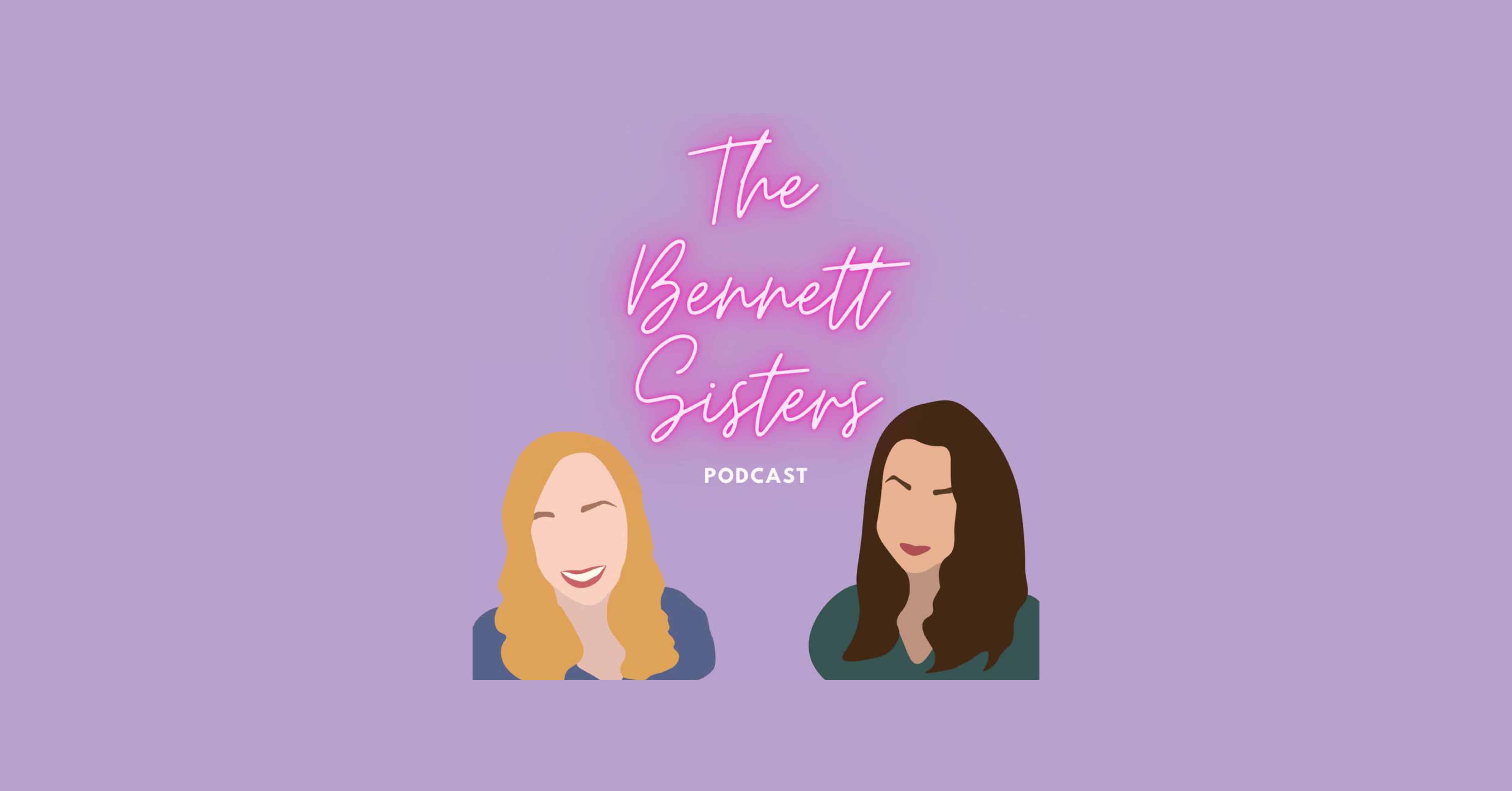Do you ever feel like the weight of the world is on your shoulders? Do you wonder how much of that weight may be lifted without the stress of growing debt? Me too! I’ve always said, “We live in America so we will always carry debt. That’s just the way it is.” But should it be? It doesn’t feel like the mindset I or anyone should have when looking at our lives. A vast majority of our country has some sort of debt. With all of the factors of life that affect Millennials differently than other generations, this can feel especially defeating.
If you combine the average student loan debt, credit card debt, mortgage debt, and car loan debt among millennials you’re looking at about $285,000 total. That’s a big, and kind of scary number. This isn’t to say that every millennial has debt in each of these categories. So, let’s break that number down. On average, millennials have about $30,000 in student loan debt, $5,000 of credit card debt, $232,000 in mortgage debt, and $18,000 of car loan debt.
Let’s imagine you have debt in each of these categories. If you had a car loan with a balance of $2,000 with a low interest rate, the average amount of student loans, a credit card balance of $7,000 with a high interest rate, and you just bought a new home. Which of these debts would you want to pay down the fastest? Your first thought may be to pay the credit card off first because it has the highest interest. However, let’s imagine you have enough in your bank account to pay off your car immediately. Even though it has a lower interest rate, you are most likely paying more each month on your car payment versus your credit card payment. One of the best ways to handle this situation is to pay off the car and rather than adding the additional money you now have each month to your cash flow, stick to your budget and stack the extra funds on top of what you are already paying on your credit cards. Now you have eliminated one debt and you will be paying more on your principal balance of your credit cards and will be able to eliminate that debt much faster than you would have originally.
If you can continue to stack your debt, AKA snowball your debt, then you may find that a mountain that once felt like an endless Mount Everest now feels more manageable. Setting a plan to help you start that exhibition and properly manage your money is the key to success. There’s no need to change your entire budget and live off Ramen until your debts are paid. This is just one of the philosophies when it comes to paying off debt. Several others exist, but the important thing is to pick a plan and go.
Living slightly below your means is a good way to pay off debts, but living very far below your means just because of debt may tarnish your quality of life and your relationship with money. Money is a means to an end, not the end all, be all. It is always wise to seek the advice of professionals, such as a CERTIFIED FINANCIAL PLANNER™ to help you create a plan that works for you and ensures you maintain your quality of life. You don’t have to be uncomfortable to be comfortable.




